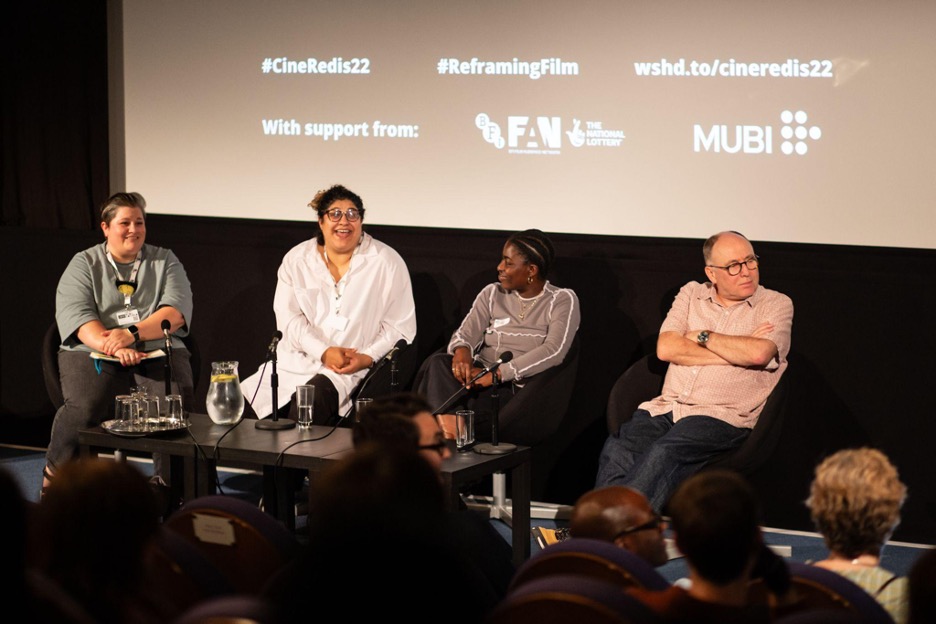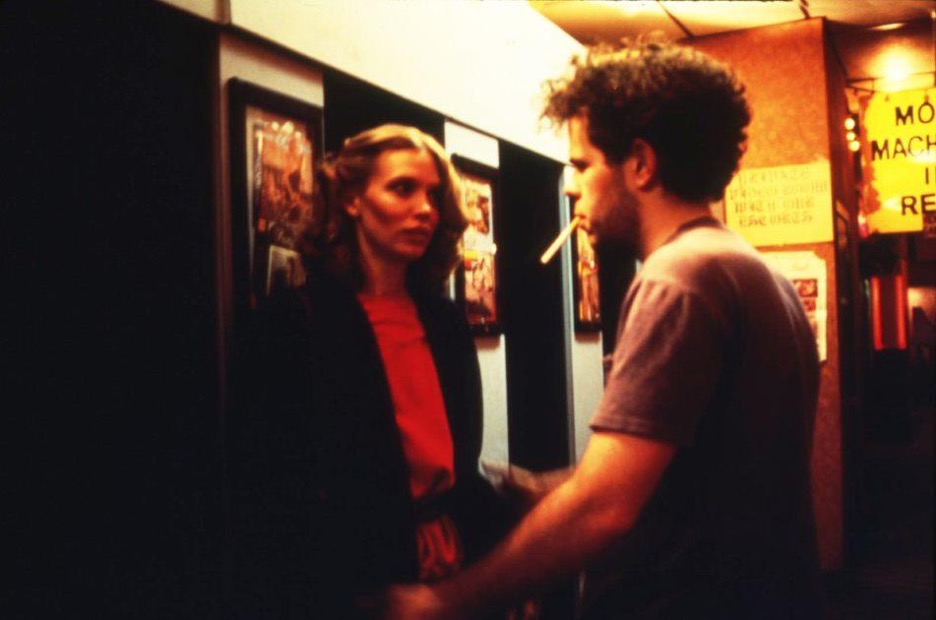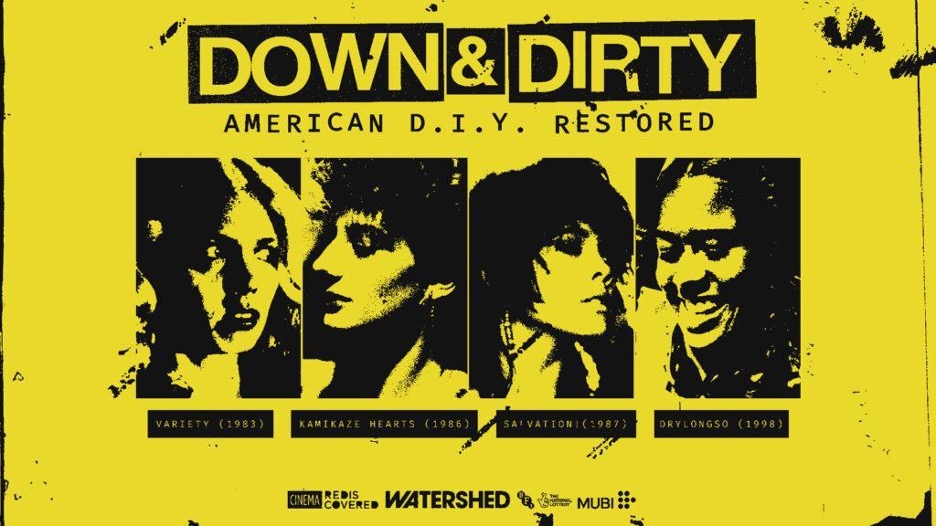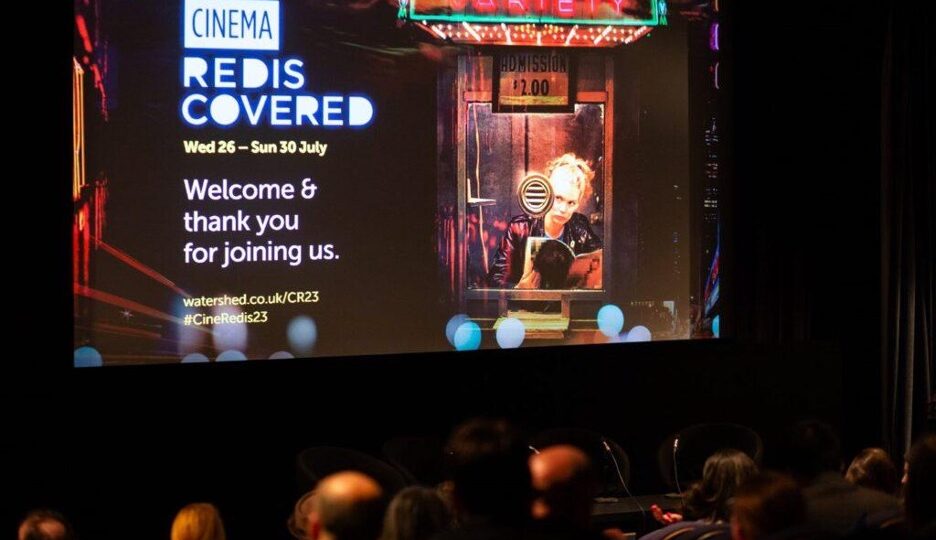I know that I’m meant to be a film critic, but even I get tired watching too many movies.
In July, I sat through eighteen features across five days at Watershed for the Cinema Rediscovered film festival. An exhaustingly fun experience, the only caveat being that I still wasn’t able to catch everything I wanted to see. There were so many great pictures to choose from in such a tight schedule; I’m thankful some of these strands will tour the UK – more information can be found here.
Expand this scenario to general life and the amount of choice appears debilitating. Assuming the SAG-AFTRA writers and actors receive their deserved requests, there will always be a new film out in cinemas each week. These are then filtered down to different streaming services, which results in the following pattern: sign up, doom-scroll through, become overwhelmed, binge-watch Always Sunny in Philadelphia again.
However, this concept of infinite choice is a facade. Most of the latest mainstream movies follow the same formulaic stories repurposed from previous franchises or reimagining intellectual properties. They are then unceremoniously thrown onto a digital library pile filled with cheap carbon copies, making it more difficult to find original films with lower marketing budgets. Streaming platforms will then eliminate what they consider underperforming content, implementing no plan for a physical media release.

Continuously pumping out the same old rehashes is beginning to have diminishing returns. Marvel’s recent phases have been more miss than hit; DC’s The Flash has been dubbed “the worst box office flop in superhero history.” Only Barbie and Oppenheimer have broken the mould, with Mattel raking in that billion-dollar revenue only to try and replicate Greta Gerwig’s success with Rock ‘Em Sock ‘Em Robots. Large corporate studios are either unwilling to take a risk against the algorithm or are ignorant of the fact that I’m not the only one desperate for something else on the big screen.
On the other hand, independent cinemas are offering an alternative, specifically through repertory films. In this context, repertory simply means “not a new release,” so even a picture that came out last year is included within its scope. As we continue to be force-fed mediocre blockbusters on a monthly basis, it’s time to rifle through the back catalogue and unearth some of the many hidden gems executives have left by the wayside.
This was just one of the many valid points discussed during the Reframing Film Sessions at Cinema Rediscovered. These consisted of several roundtables which complemented the themes of the festival, such as the panel “How do we broaden Repertory Cinema?” Chaired by Joan Parsons (Interim Head of Culture and Arts for Queen’s University Belfast), curators Mark Cosgrove (Watershed), Isra Al Kassi (T A P E Collective) and Aduke Kine (Other Parties) brought forth ideas on how to compete against the mainstream.

For Kine, a major point regarding broadened horizons is variety. Specifically Bette Gordon’s1983 film Variety. The 4K restoration’s UK premiere took place at Cinema Rediscovered, and it is being reissued in cinemas from the 11th August. When Laura Poitras’ piece on photographer Nan Goldin (All the Beauty and The Bloodshed) was nominated for Best Documentary at the 2023 Academy Awards, a connection was made to revisit Goldin’s career, which included her supporting role as a bartender in Variety.
Reacting to notable events and capitalising on these trends works to independent cinemas’ benefit. When Jeanne Dielman, 23 quai du Commerce, 1080 Bruxelles topped Sight and Sound critic’s poll in December 2022, Cosgrove (alongside Steph Read) was able to programme it into a season by January 2023. A sold-out screening, with the majority of viewers under 25 according to ticket sales, ensured the film would be shown again at Cinema Rediscovered.
What these features have in common is they both have female leads in the sex work industry. Despite her film’s parallels to Taxi Driver, Bette Gordon was criticised upon release for making a film about pornography. Chantal Akerman’s original run of Jeanne Dielman had many walking out mid-way through. Contemporary culture has now seen the value of these pieces, been more understanding of their progressive feminist stances, and embraced the messages Akerman and Gordon have put forward.
Being able to offer more variety cultivates a diverse and loyal audience, which in return cultivates more adventurous programming. As Al Kassi posited, coming together creates cultural moments which allows talent to be nurtured alongside asking how communities want films to be screened. Part of the reason Barbie and Oppenheimer succeeded was the spectacle such a double bill presented. It’s also why I stayed up all night at Watershed for a horror marathon with Bristol Black Horror Club, or why I saved the dates for Forbidden Worlds Film Festival: The Big Scream in October.

You cannot force these double bills to occur. In other words, stop trying to make Saw X – Paw Patrol happen. Al Kassi highlighted that being patient when finding the right time and right collaboration for events is key to their success. Cosgrove agreed with this strategy, pointing out there are titles still being discovered which could be paired with a film not yet created. This was tied together by Parsons, who added that there is less need for repertory cinema to compete with the time-sensitive nature of new releases.
Independent cinemas haven’t limited themselves to masochistic double bills either. In the last few months, The Cube Microplex played host to a Gremlins birthday party and Grease spoken word event. Aimed towards the LGBTQ+ community, these celebrations encompass how old films can be repurposed and reimagined for new audiences. Plus, creating a unique experience adds that extra incentive against staying at home with streaming services.
Finally, allied with diverse programmers are new voices within film journalism. Those reviewing the latest blockbusters for mainstream outlets have been the same people for the last 30 years. The Godfather’s 50th anniversary presented an opportunity for me to write for Rife Magazine, leading me to celebrate repertory films and hopefully broaden cinema’s horizons too. As these events continue to progress, I’ll be having to choose between which 4K restoration I’m going to.
